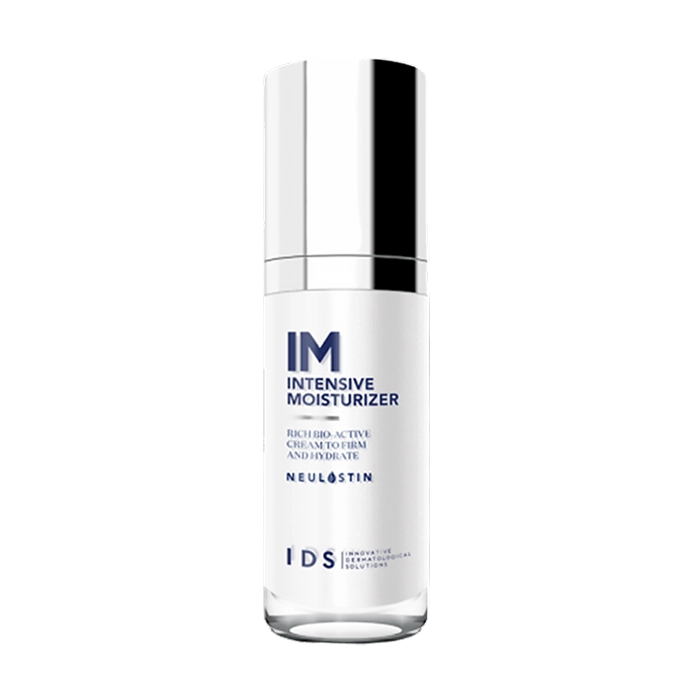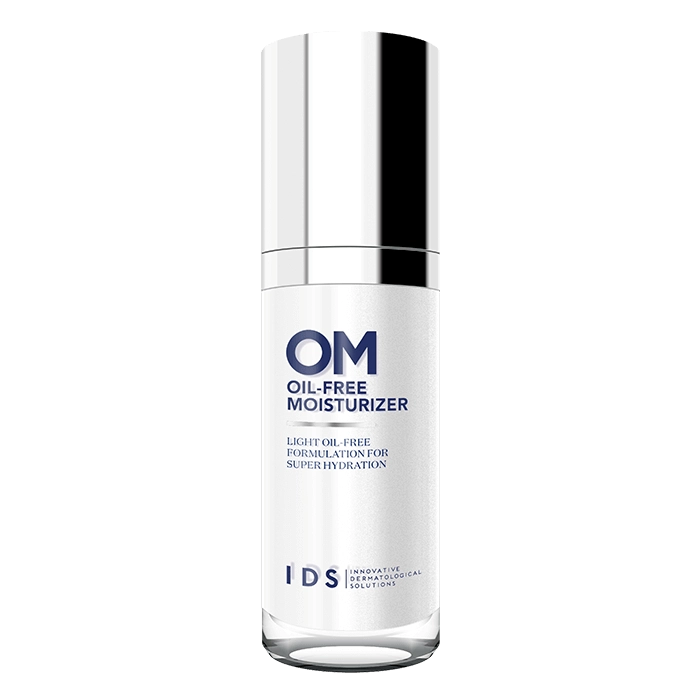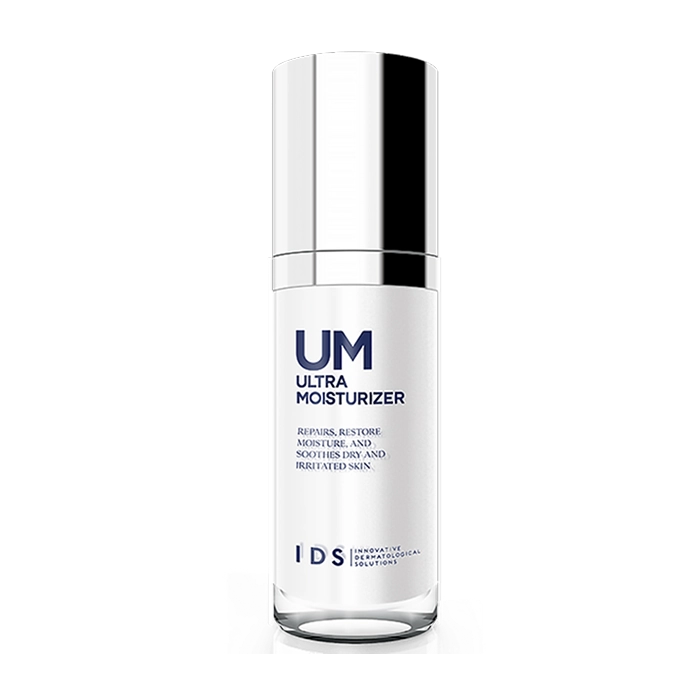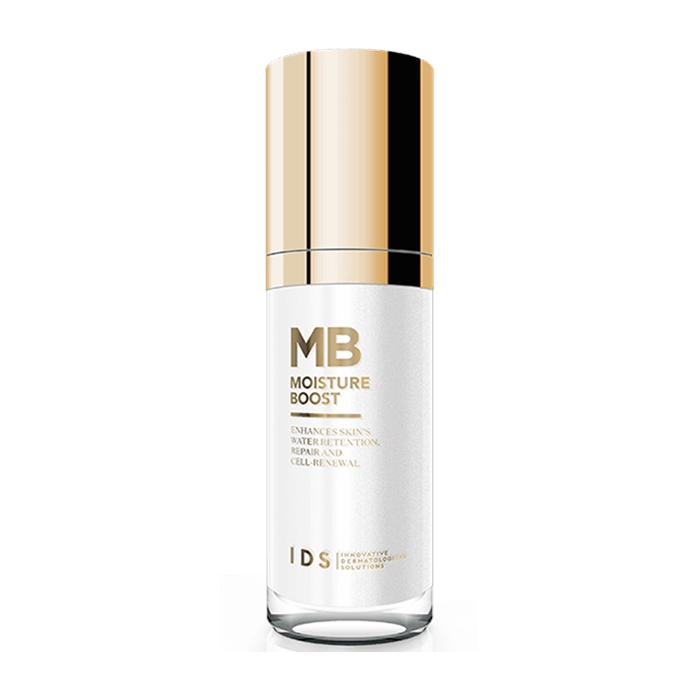It’s been said that keeping skin well-moisturised is key in ensuring that it stays healthy and looks youthful. But have you wondered why at times, it seems like no matter how much moisturiser you apply, your skin still feels tight or dry? CNA Lifestyle spoke to experts about the reasons why our moisturiser isn’t keeping our skin hydrated.
To understand why keeping your skin well-hydrated is so important for skin health, think of your skin as a brick wall, where the skin cells are the bricks and the lipids and water molecules are the cement that hold the bricks in place. “The lack of lipids and water will cause the attachment of the cells to be loose, leading in the evaporation of water and also allowing other irritants or allergens to penetrate through into the skin,” Dr Liew explained. The result: Dehydrated skin, obvious fine lines and also inflamed, irritated, itchy, tight or even cracked skin.
DRY SKIN VS DEHYDRATED SKIN
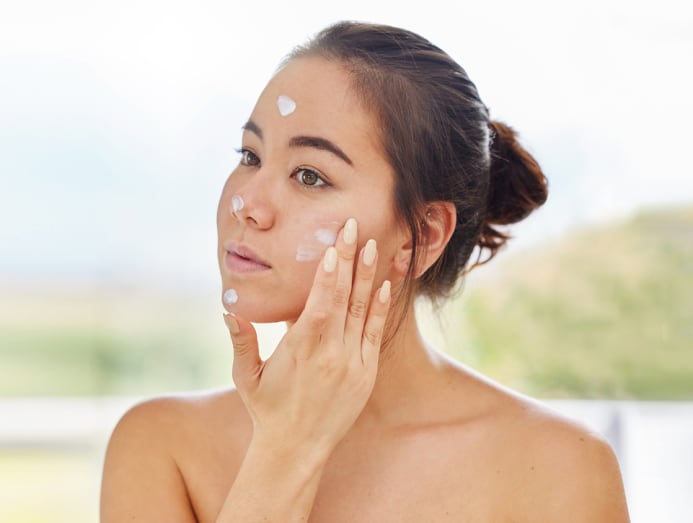
When it comes to keeping skin healthy, it’s just as important to know whether your skin is dry or dehydrated because this will affect how you should care for your skin.
While dry skin and dehydrated skin may sound similar, they should be seen as different conditions. Though sometimes they can also coexist too, shared Dr Yong, an aesthetic doctor at IDS Clinic.
“Both conditions can often feel and look similar – rough texture, tightness especially after cleansing, dull appearance, more prominent fine lines and skin being more prone to sensitivity and irritation.”
According to doctors, dry skin is defined as skin that is lacking in oil, often caused by a genetic predisposition that causes it to produce insufficient natural oils or lipids. And because of this, dry skin can be a lifelong condition. At the same time, dry skin can also be exacerbated by environmental factors such as dry climates, the use of harsh skincare products, prolonged hot showers and the natural process of ageing.
Thus, when it comes to treating dry skin, “replenishing the skin’s inherent lipids is essential”, explained Dr Yong. And why the use of a moisturiser is crucial, said Dr Liew. It’s because moisturisers contain emollients or occlusive ingredients that can help restore the lipid barrier and retain moisture, to soothe any skin irritation.
To address this, both of them advised looking for ingredients like ceramide and jojoba oil and glyceryl stearate (a type of fatty acid) that are able to keep the skin barrier intact, lock in moisture and prevent transepidermal water loss as well as irritants from getting into the skin.
Dehydrated skin, on the other hand, refers to a lack of moisture in the top layers of the skin. It’s also why this skin condition is often temporary and caused by external factors such as weather, lifestyle or the use of inappropriate skincare. “When there is a net loss of water from the skin, it becomes dehydrated. As such, it can affect any skin type, including oily and combination skins,” added Dr Yong.
When it comes to dealing with dehydrated skin, daily moisturising is important as it will help restore the skin’s barrier, keeping it healthy. And if you’re not sure what type of moisturisers to look for, Dr Yong advised choosing moisturisers containing humectants, such as hyaluronic acid and glycerin, to attract moisture to the skin.
First published in CNA Lifestyle

 皮肤咨询
皮肤咨询
